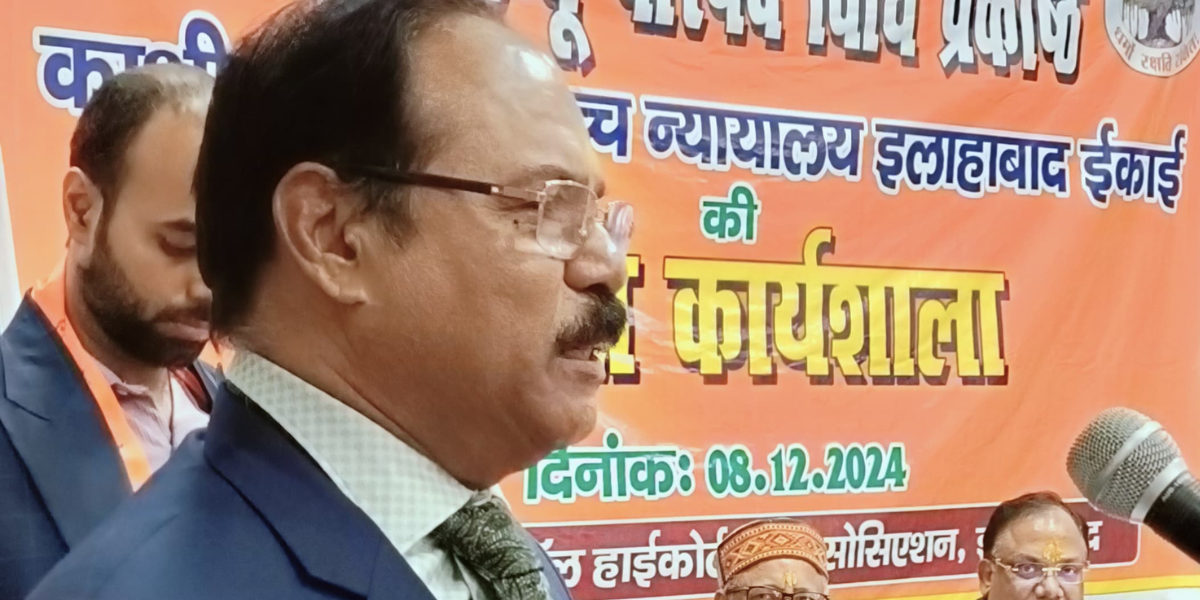
By Ajay Kumar
It has been nearly 70* days since Justice Shekar Yadav of the high court of Judicature at Allahabad made a speech to members of the legal cell of the Vishwa Hindu Parishad, a Hindu right wing organisation. In his speech on the Uniform Civil Code, which he delivered on court premises, Justice Yadav did not shy from using Islamophobic slurs, such as kathmulla. He then went on to say this:
“I have no hesitation in saying that this is Hindustan, this country would function as per the wishes of the bahusankhyak (majority) living in Hindustan. This is the law. You can’t say you are saying this being a high court Judge. The law works according to the majority. Look at it in the context of family or society…Only what benefits the welfare and happiness of the majority will be accepted [translation]”
Outrage followed from the usual places – the odd academic, the human rights lawyers, some members of the Opposition. But I cannot help but wonder, rather seriously, ‘Why is this man still on the Bench?’
He did what no judge is supposed to really do. As a citizen, he is obviously free to have his own views, having been constitutionally guaranteed that right. It’s there in the Constitution all the way up at Article 19.
But what a judge is not permitted to do, is to express a view that renders them unfit to adjudicate matters. Being a judge, if his views raise suspicion in the eyes of the litigant regarding his impartiality, or if he comments on pending litigations, including matters that might possibly come before him one day, he is unfit for that esteemed position for which he is compensated through the public treasury. After Justice Yadav’s speech, can a Muslim litigant expect a fair hearing before his bench? Can anyone, wishing to challenge certain actions, expect a fair and patient hearing, expect an adjudication that is based on facts, and geared towards delivering justice in accordance with the law?
A judiciary is only as good as how it is perceived. If people cannot expect fairness from a court, its ostensible objective withers. Just as how when a judge wades into issues that are not necessarily in his business, the integrity of the position he holds withers.
Yet, somehow, Justice Yadav remains on the bench.
They changed his assignment, of course. Now all he will hear are first appeals from orders of a civil court limited to appeals prior to the year 2010. This assignment clearly reflects that even the Chief Justice at Allahabad may have lost confidence in Justice Yadav’s ability to continue to be an adjudicator. The Chief Justice of India and other senior judges of the Supreme Court were also of the view that his comments were ‘avoidable’. But he is resolved to stand by his remarks.
Yet, somehow, Justice Yadav remains on the rolls as a judge of India’s largest high court.
This story was originally published in thewire.in. Read the full story here.





